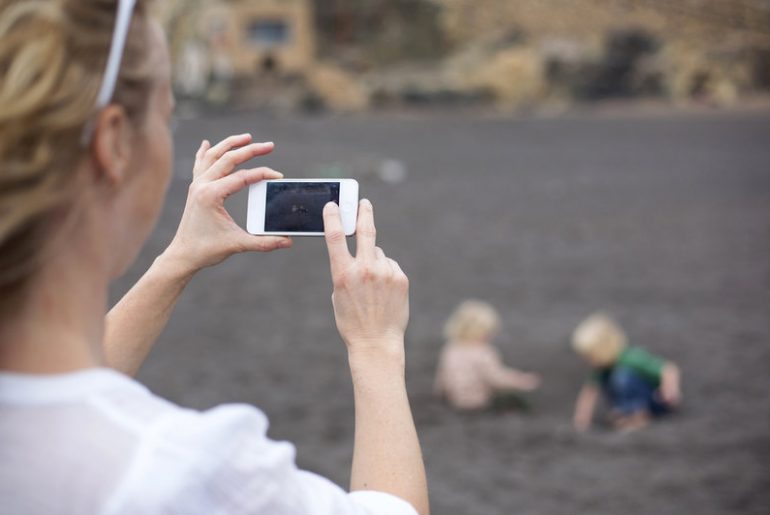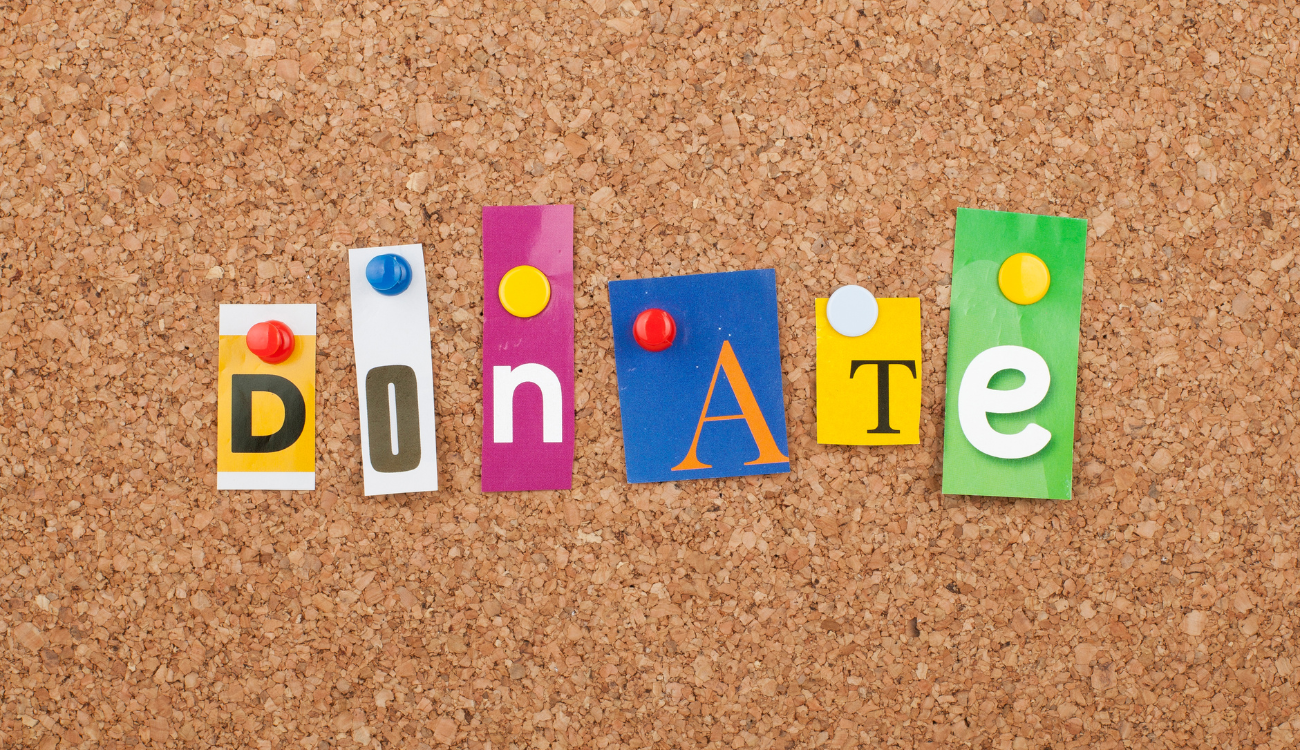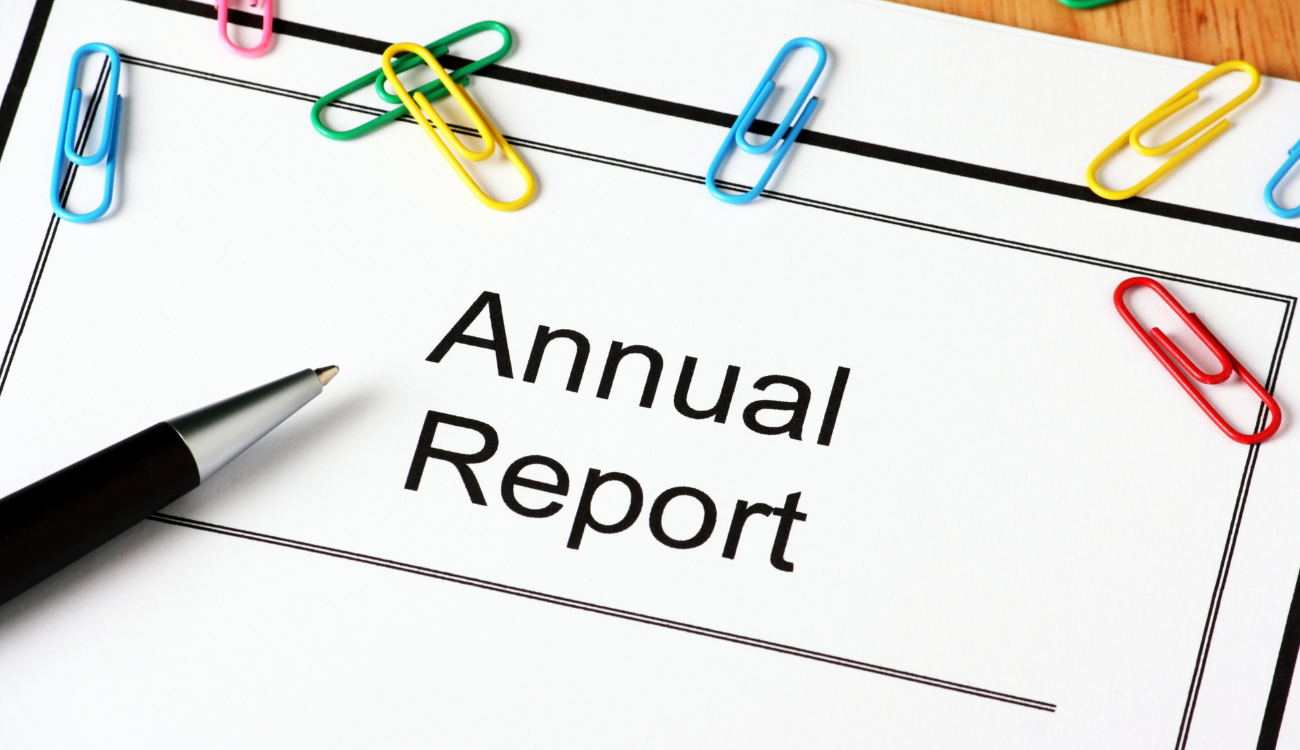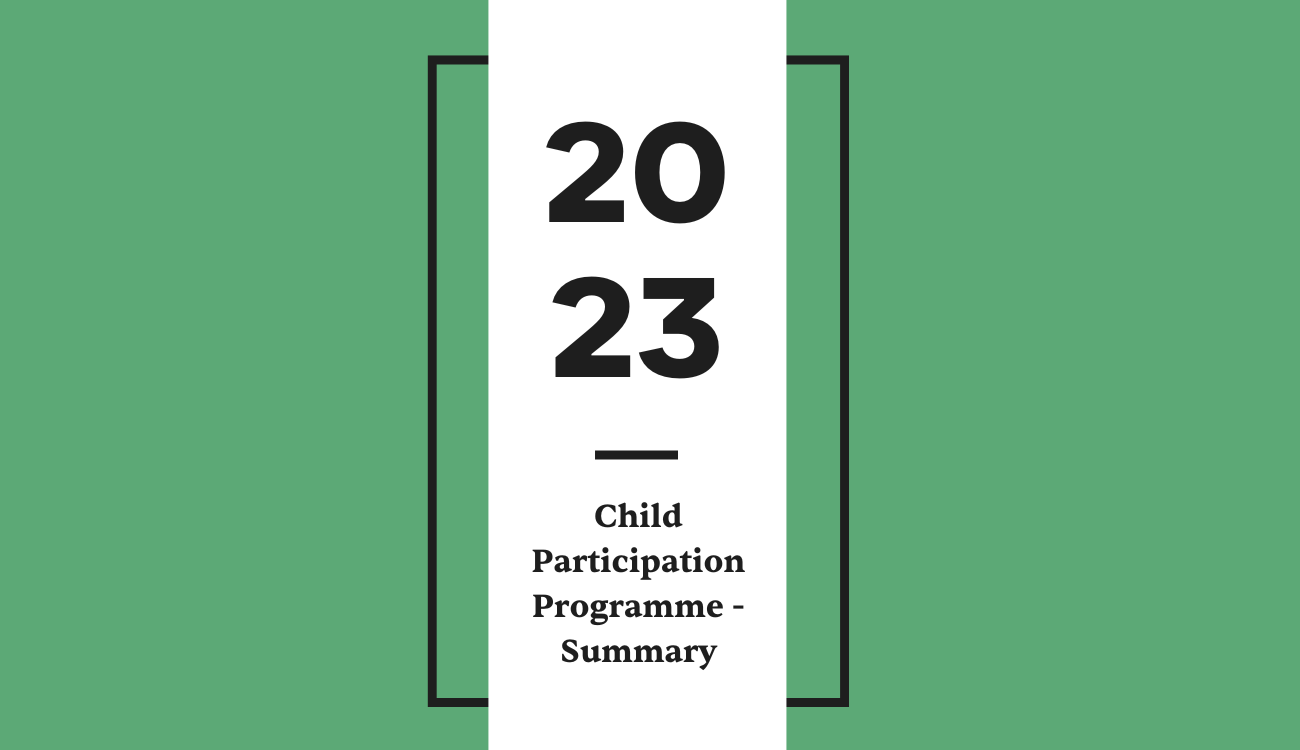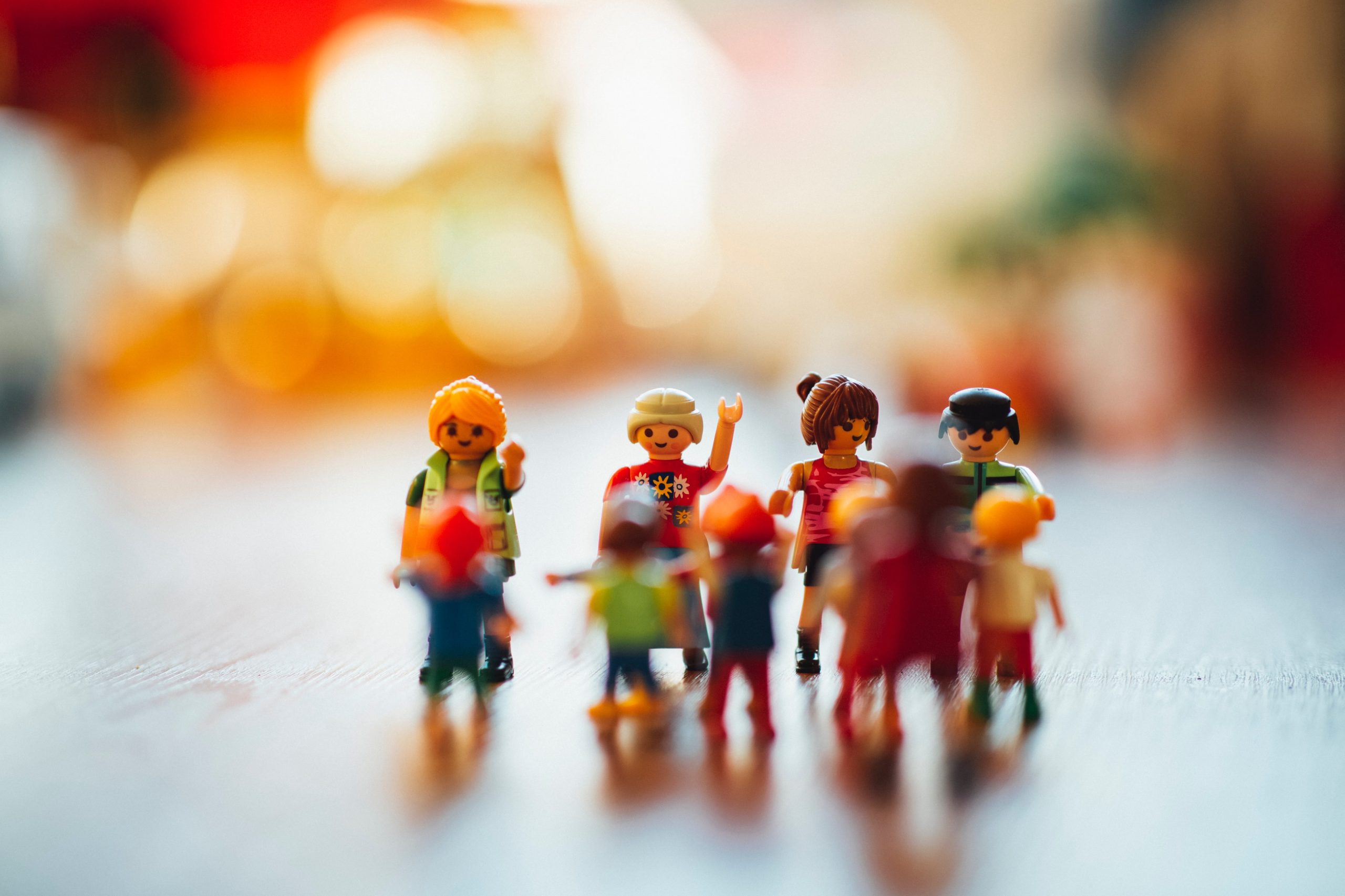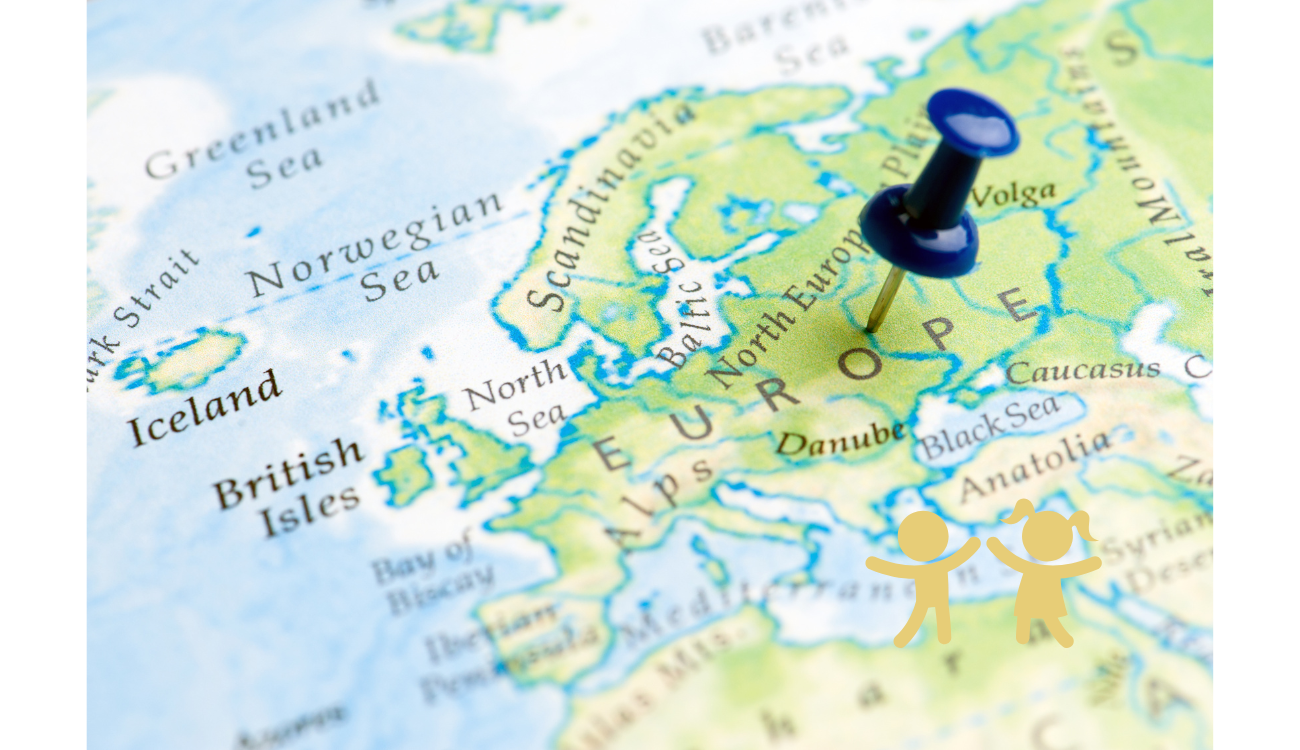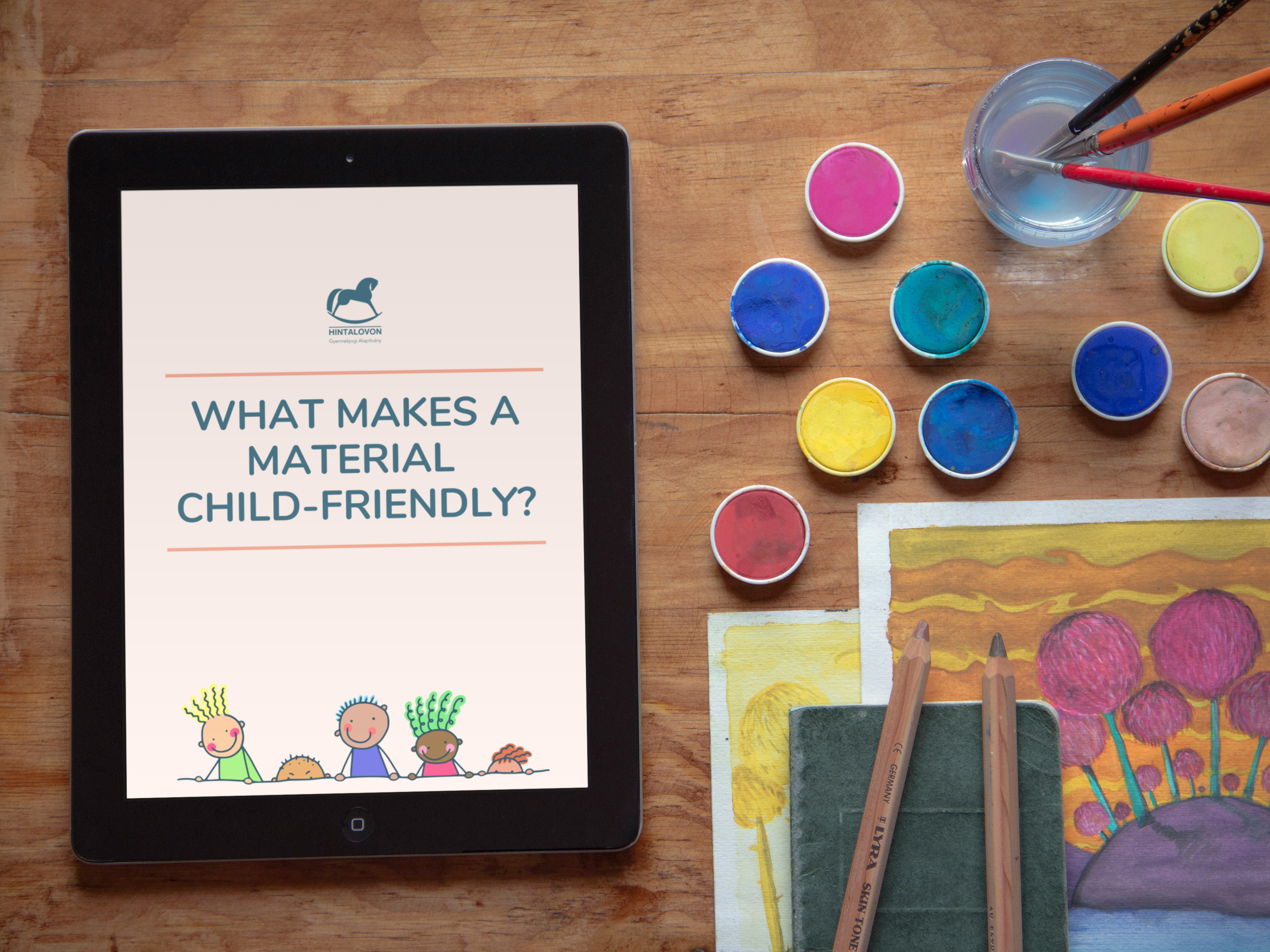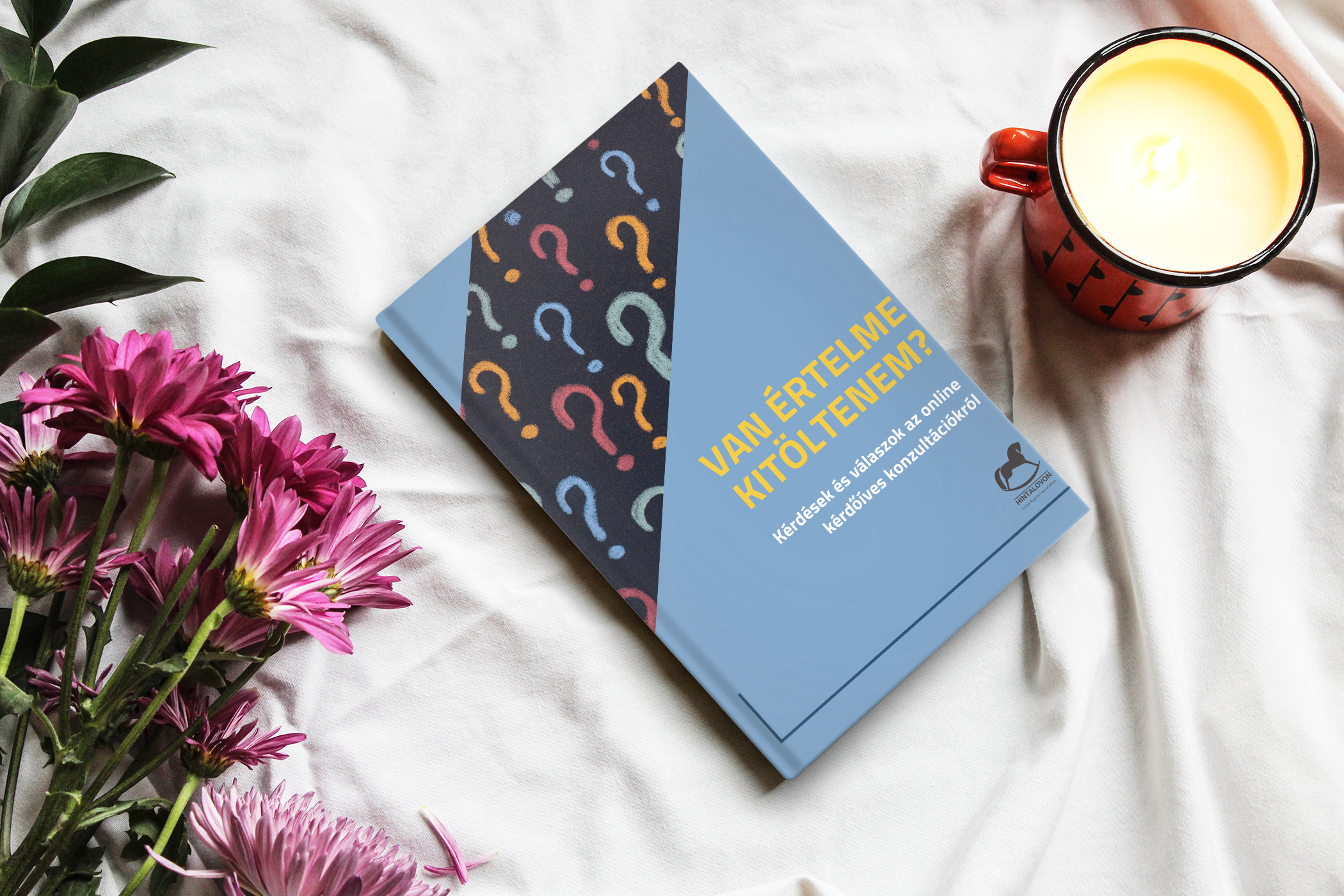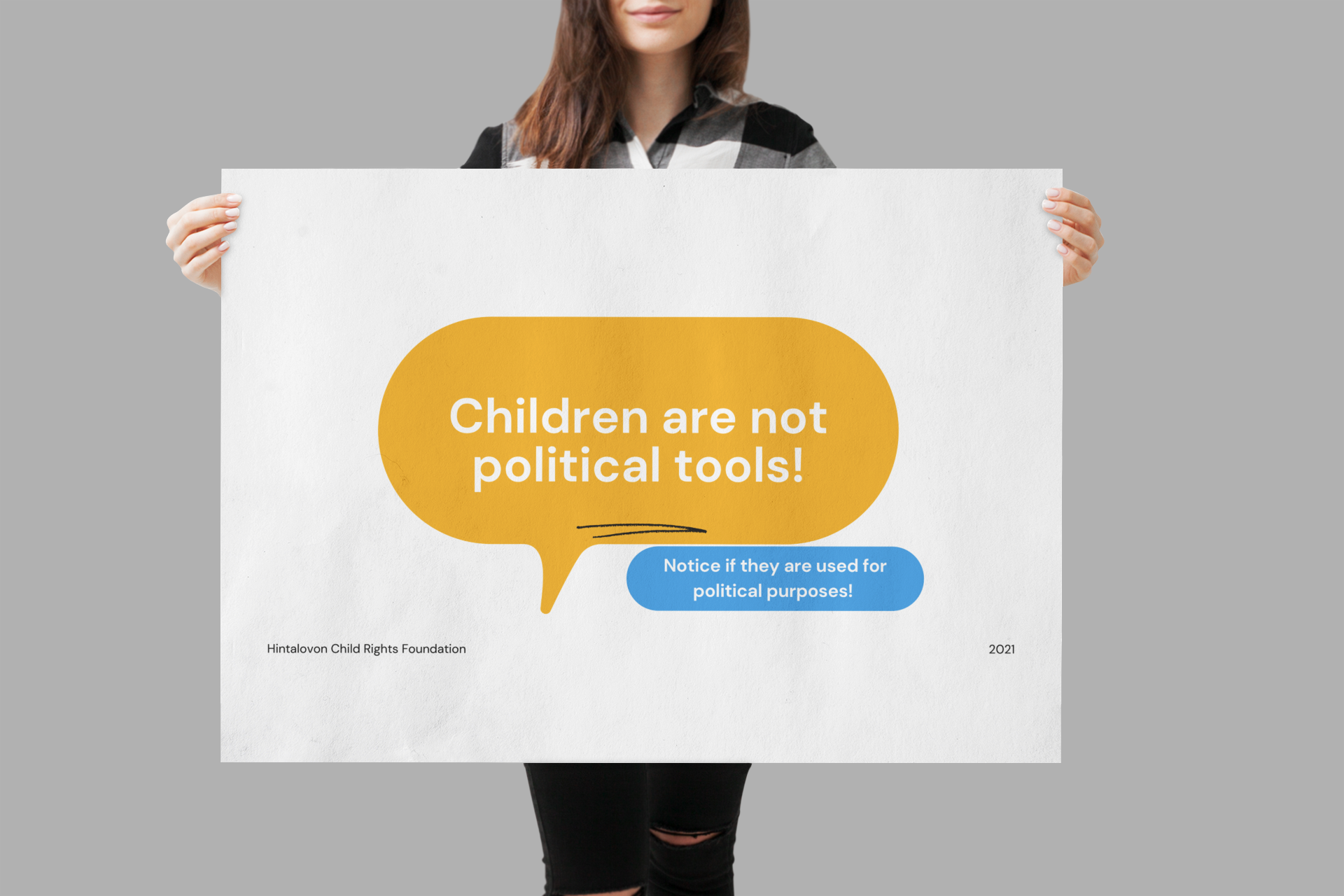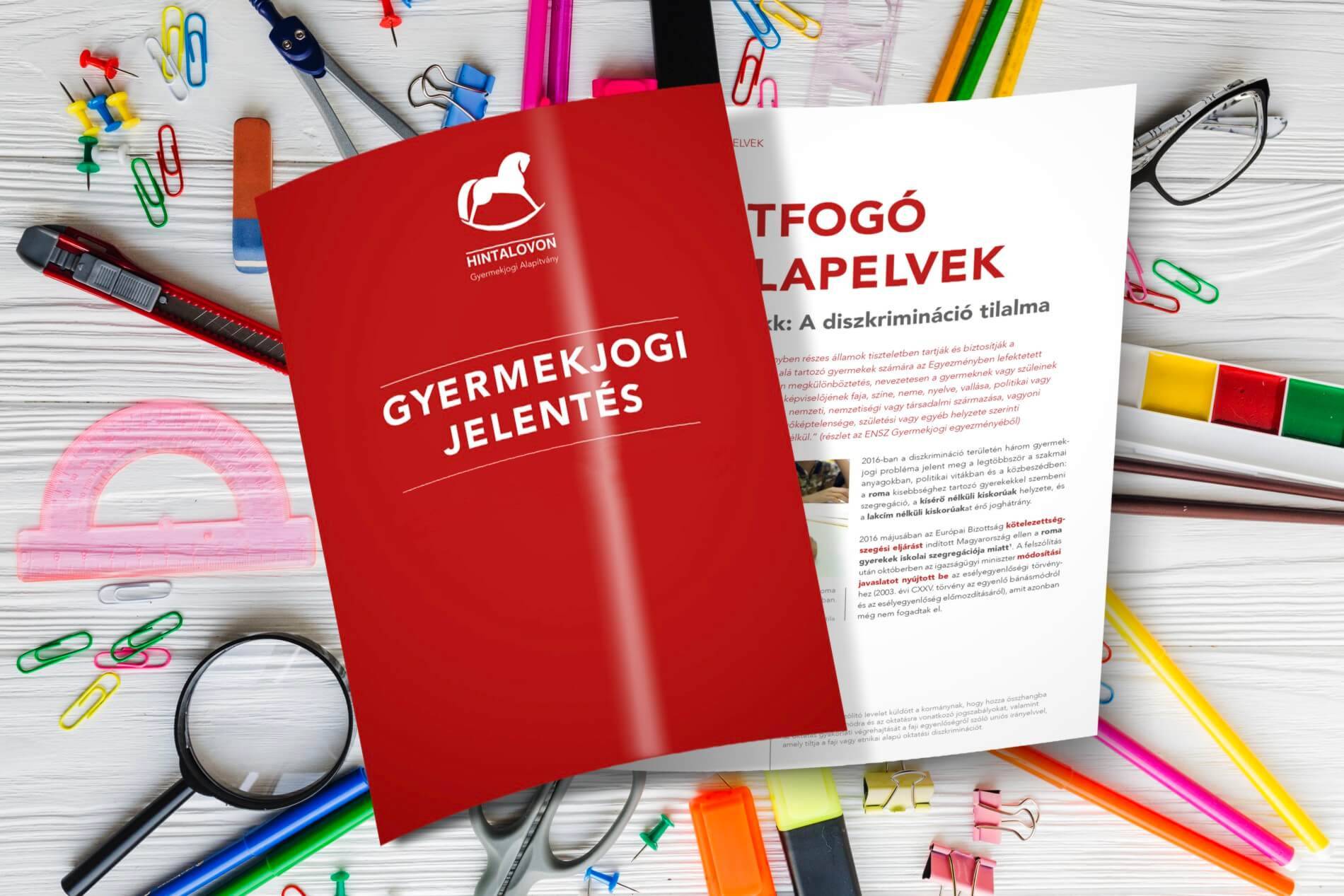If we are not public figures, we have the right to decide who can publish or disclose what about us. We can consent, accept or object to particular posts or a publication – because our image, our voice is the imprint of our personality and therefore deserves special protection.
Protecting privacy is also child’s rights
This should also be the case for children where it is the parent who is responsible for enforcing the child’s privacy rights. Yet it is the parent who often fails to think carefully about the consequences and effects of sharing or puts his or her own interests before the needs and the rights of the child.
Think about it: we, adults, need to be asked for our consent before something about us is published, and we can object if it is done against our will. But does a child do that?
The internet does not forget
Either a child is not in a position to object (because they are young; because they do not know that it is OK to object in such cases; because they do not even know that they are being “used”; because it does not even occur to them that what is happening is not OK), or no-one thinks they should have a say. But the consequences fall back on them. They will be the ones who, before the age of 13 (so before they could legally have their own Facebook profiles), already have very massive digital footprints (i.e. indelible sets of online data and information) through the online activities of their parents and other adults. Without even knowing or at least without having been asked of consent or consulted.
Capturing the passing moment… and sharing it
A US study shows that 63% of mothers use Facebook, of which 97% have posted pictures of their children. Love it or hate it, use or reject it, but Facebook, Instagram, and other social media sites have become part of our lives. And with a smartphone, it is only a simple gesture to capture the passing moment and then share it with our friends. It all happens so fast that we often do not even think about the possible consequences or risks of a post.
From a parent’s point of view, Facebook is a great way for long-time acquaintances, distant relatives, and friends to see the child, his or her development and thus to be part of the family life – at least on that level.
Do our “messages” reach the people who we want them to?
For some parents, Facebook is a platform where they can live and show their own role as mother/father, and use it to make sure that those friends who have been physically drifted away by life are not kept emotionally distant – this way maintaining the connection, the bond. A lot of people tell incredibly entertaining stories about their children – the question, of course, is whether these stories and pictures are really being seen by those whom they are intended for and who really need to see them.
This is the translation of this Hungarian article on Yelon.hu.
